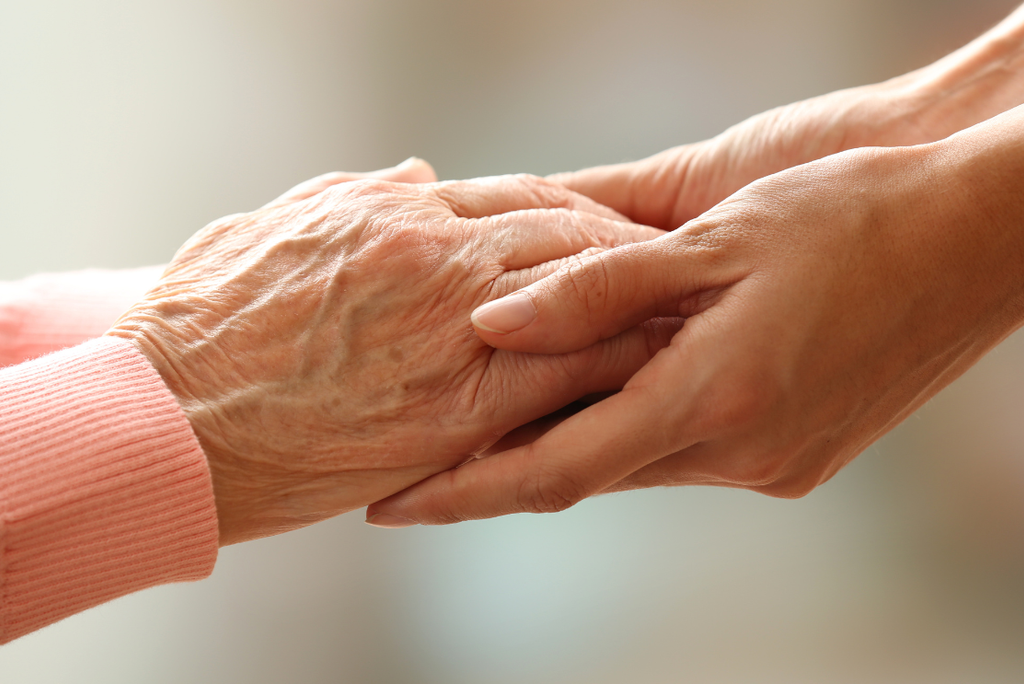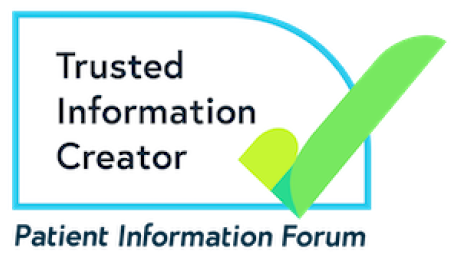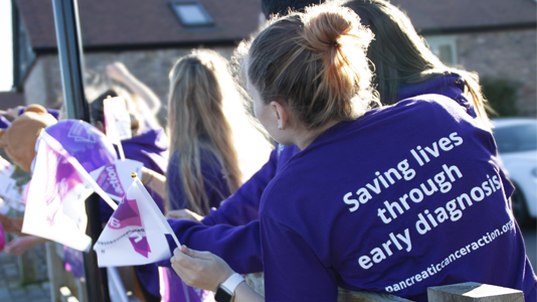Life after pancreatic cancer treatment
Life after pancreatic cancer treatment
If your treatment for pancreatic cancer has removed or destroyed the cancer cells and you have been told that treatment is finished, you may have mixed feelings. It can be a difficult time and just because you are told that your cancer treatment is over does not mean that the experience of cancer is. These pages will aim to guide you through this time.
Who is a pancreatic cancer survivor?
You may hear terms such as “cancer survivor” or “battle with cancer”. Some people find this kind of message positive and inspiring, but others find it unhelpful. You may have considered yourself a cancer survivor from the moment you had your diagnosis, or you may never think of yourself that way. People respond to words and phrases differently, but this information refers to people who have finished their treatment for pancreatic cancer.
You may have read that the 5-year and 10-year survival rate for pancreatic cancer is very low. However, if you have been successfully treated for pancreatic cancer your chances of reaching 5, 10 years and beyond is much better.
What happens at the end of treatment and the follow-up care you should receive:
-
Follow-up care after pancreatic cancer usually involves regular CT scans to ensure that the cancer hasn’t returned. How often you have a check-up depends on the tumour and your general health when you finish treatment. It may be every 3-6 months at first, with longer intervals the longer you are cancer-free.
If you have any concerns after your treatment, you do not need to wait for follow-up appointments to raise them, speak to your specialist nurse or GP. You may wish to discuss any side effects, symptoms or issues you have been having. Writing down your concerns, bringing a pen and paper, or someone you trust to appointments may also help.
-
Towards the end of your treatment for pancreatic cancer, you should have sat down with at least one medical professional and discussed what will happen next. The level of support you need should be assessed according to all your medical, physical, social and emotional needs, and a care plan or treatment summary may be produced.
This should tell anyone who reads it about the type of cancer you had when you were diagnosed and what stage the tumour was at. It should detail your follow-up plan and any input from professionals you need, for example, a plan to see a dietitian or your clinical nurse specialist.
If you are not offered any of these services, it is important to speak to your medical team about what will happen once your treatment has finished and have a schedule to keep track of your care.
A member of your medical team should be able to discuss with you any symptoms or signs that they would need to be made aware of and make sure you know how to recognise concerning symptoms as well as how to live a healthy lifestyle.
Diet and Nutrition for Patients
This booklet contains information about how pancreatic cancer can affect your diet and nutrition. Provides information on managing dietary symptoms such as malabsorption, enzyme replacement, poor appetite, weight loss and managing diarrhoea. Contains a section about dietary supplements and information about diabetes and diet.
Read more

Finances and relationships after pancreatic cancer
Pancreatic cancer may have affected your finances and can change your relationships with the people you care most about.
Read more
Keeping healthy after pancreatic cancer
Discover tips and strategies for staying healthy after pancreatic cancer, including nutrition, exercise and mental heath support.
Read more
Sources of support
Access practical and emotional support to help you navigate life with pancreatic cancer, including helplines and specialist services.
Read more
Long term physical effects after pancreatic cancer treatment
After treatment for pancreatic cancer, you may still have long term and ongoing side effects either of the disease or of your treatment.
Read moreThe information provided in this site, or through links to other websites, is not a substitute for medical or professional care and should not be relied upon as such. Read our disclaimer.
Sources and references for this information product will be supplied on request. Please contact us quoting the Information Product number below:

- Information Product No: TBC
- Published: 24 Apr 2020
- Last updated: 2 Jul 2024
- Next Review Due: 2 Jul 2027
